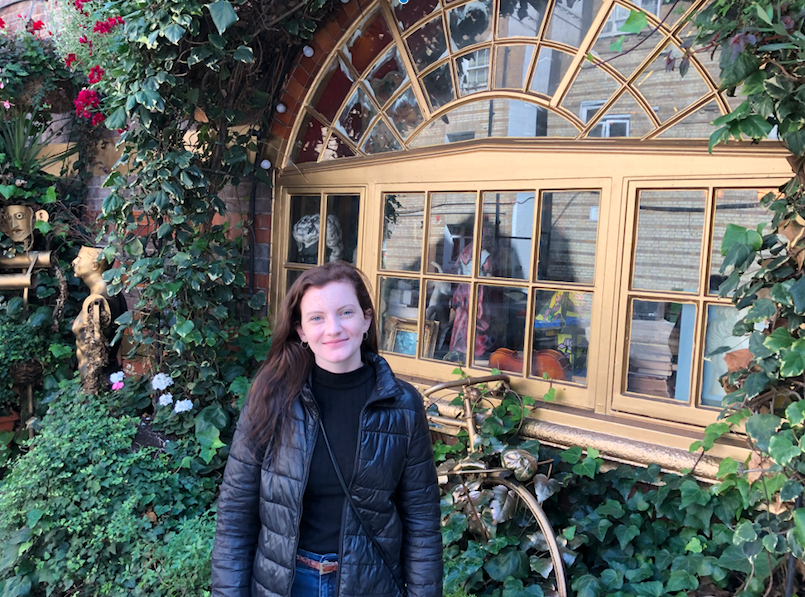Before I arrived for my semester abroad at King’s College London (KCL), I was nervous about adjusting to a new and unfamiliar academic environment in addition to the fast pace of life in London. After speaking with advisors in the study abroad office at my home university, The University of North Carolina at Chapel Hill (UNC), and students who had previously studied abroad at KCL, I knew that the class structure, grading scales and professors’ expectations would be considerably different from what I have grown accustomed to at UNC, but I still did not know exactly what to expect before arriving at KCL. While adapting to this different educational atmosphere was initially somewhat daunting initially, I soon grew to appreciate these differences.
At KCL, the sizes of the classes I took were generally much smaller than many of the courses I have taken at UNC. The smallest module I took at KCL, was just 14 students, and the largest module I took was around 75 students. At UNC, most of my classes are usually between 100 and 300 people. This smaller class size and more intimate classroom experience at KCL made it easier for me to form a more personal connection with my classmates and professors and made me feel more comfortable participating in class. I also spent less time in class each week than I typically do at UNC. At KCL, most of my modules only met once a week, while at UNC most of my courses meet two or three times each week. As a result, while I was studying at KCL, I spent more time outside of class reading on my own and reviewing the material. This helped me become a more independent learner and take more responsibility for my own learning because I realized that the more that I applied myself outside of the classroom, the more I got out of the class.
Further, in the classes I took at KCL, I did not have any tests or exams, and instead only completed written assignments. As a result, I spent significantly less time at King’s studying material and trying to commit it to memory in order to be able to reproduce that information for a quiz or an exam. This format allowed me to be more focused on learning the material, thinking about how to apply that material to a variety of situations, and conveying my understanding of that material through my writing assignments. Lastly, while the academic environment at KCL was significantly different in a variety of ways from the academic environment at UNC, the virtual learning environment, KEATS, is very similar to the virtual learning environment, Sakai, which I am used to using at UNC. KEATS allowed me to easily access the module handbooks, daily lecture slides, announcements, and assessment information for each module I was enrolled in.
Overall, my academic experience at KCL reinforced my interest in and passion for pursuing a career in medicine. The global public health, social medicine, and health and society modules that I took at King’s helped solidify my interest in public health and social justice, helped broaden my understanding of world health systems, and sparked my interest in possibly working abroad in the future. In addition to furthering my academic goals and career aspirations, the overall classroom environment and support from my peers and professors encouraged me to become more willing to share my thoughts in class and more confident in my abilities to write persuasively and concisely.

